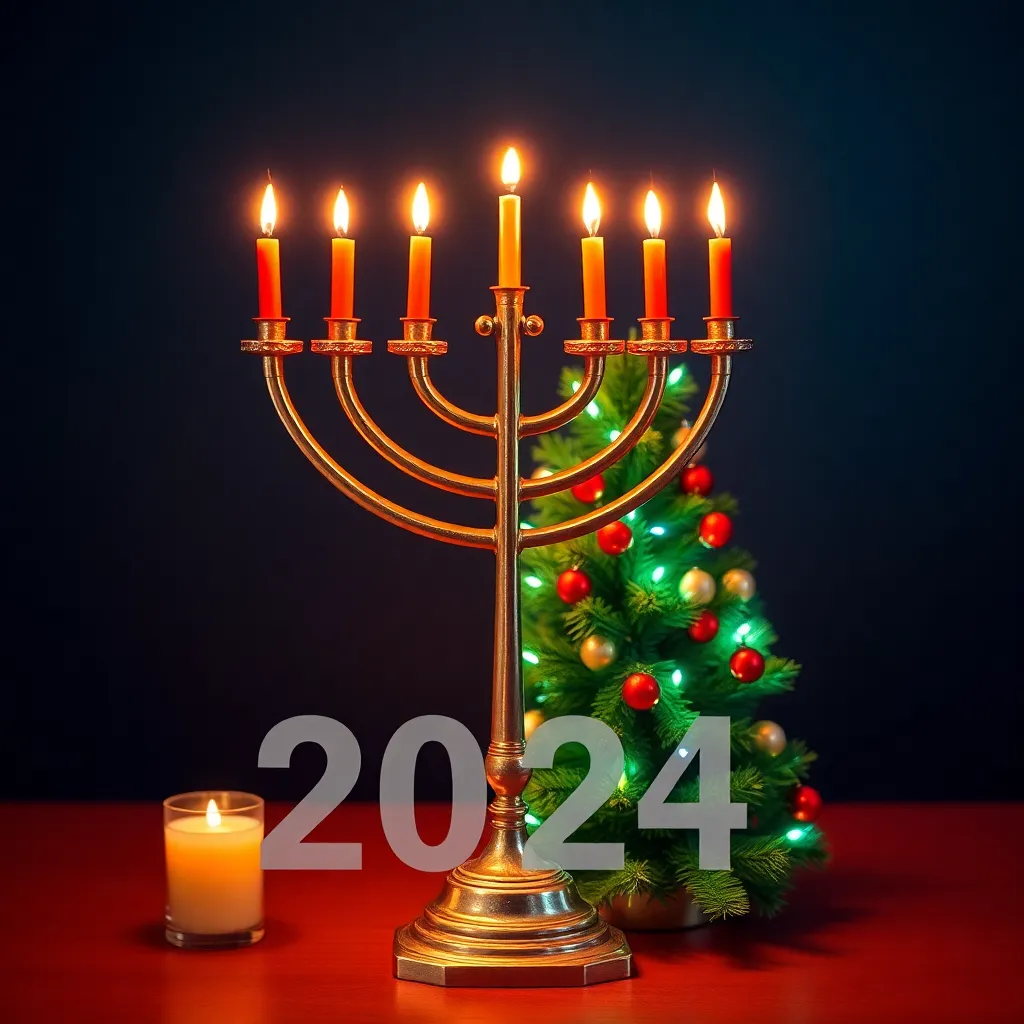
In a rare alignment of calendars, Hanukkah, the eight-day Jewish Festival of Lights, is set to begin on Christmas Day in 2024. This unusual coincidence has only occurred four times since 1900, making it a unique event for both Jewish and Christian communities.
Hanukkah, which typically falls between late November and late December, commemorates the rededication of the Second Temple in Jerusalem during the Maccabean Revolt of the 2nd century BCE. The holiday is marked by the lighting of the menorah, a candelabrum with nine branches, one for each night of the festival, plus the shamash, or helper candle.
The overlap with Christmas, which celebrates the birth of Jesus Christ, is a result of the differences between the Jewish and Gregorian calendars. While Christmas is fixed on December 25th in the Gregorian calendar, Hanukkah is based on the Hebrew calendar, which is a lunisolar calendar that takes into account both the cycles of the moon and the sun.
This rare convergence of holidays offers a unique opportunity for interfaith dialogue and celebration. As both Jewish and Christian communities come together to mark their respective holidays, they can share in the common themes of light, hope, and redemption that underlie both Hanukkah and Christmas.
In the United States, where both holidays are widely observed, the coincidence of Hanukkah and Christmas has sparked interest and excitement. Many Jewish communities are planning special events and services to mark the occasion, while some Christian churches are incorporating elements of Hanukkah into their Christmas celebrations.
As the world comes together to celebrate these two significant holidays, it is a reminder of the importance of tolerance, understanding, and respect for different faith traditions. Whether you are Jewish, Christian, or of another faith, the rare alignment of Hanukkah and Christmas offers a chance to reflect on the values of compassion, kindness, and generosity that underlie both holidays.





